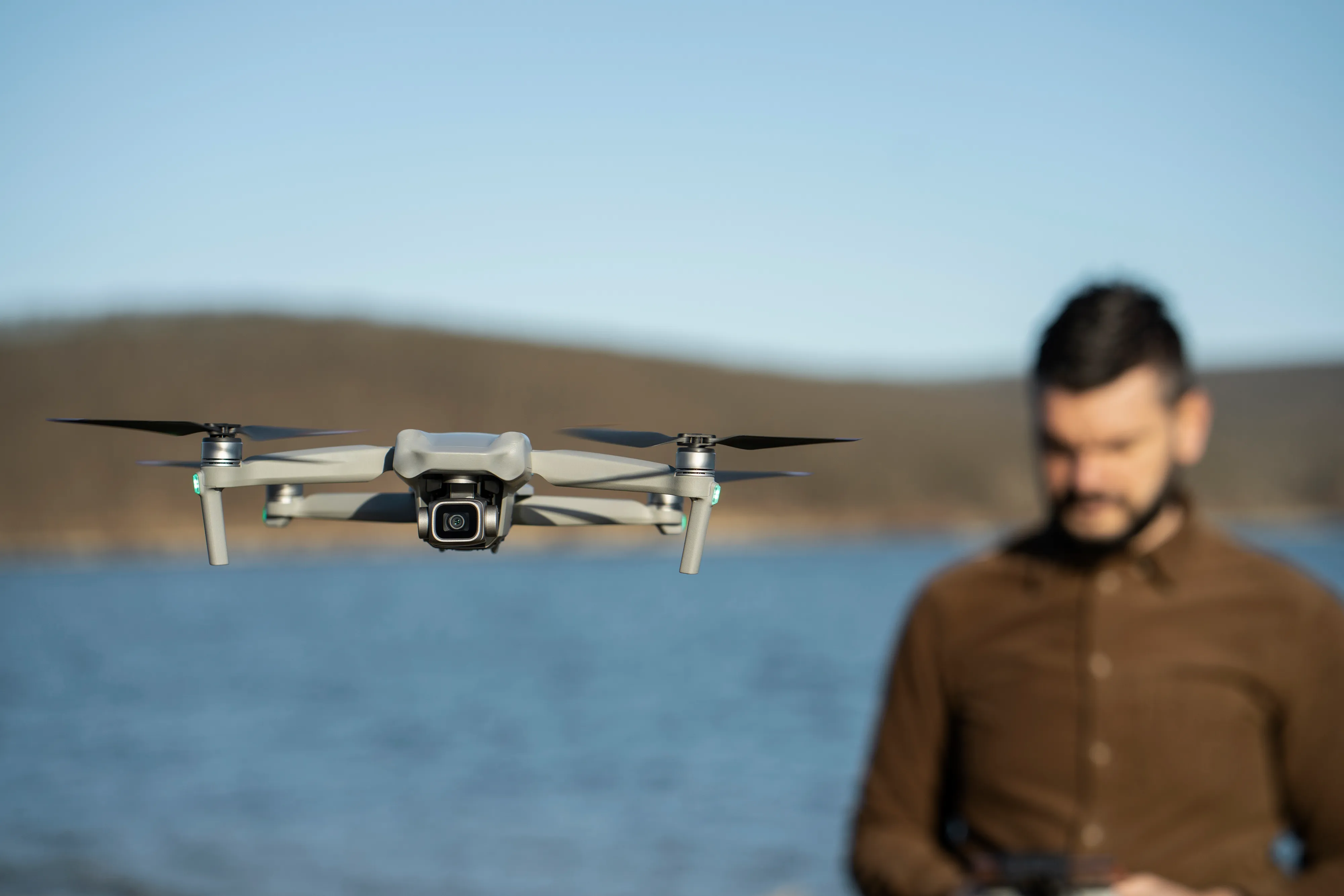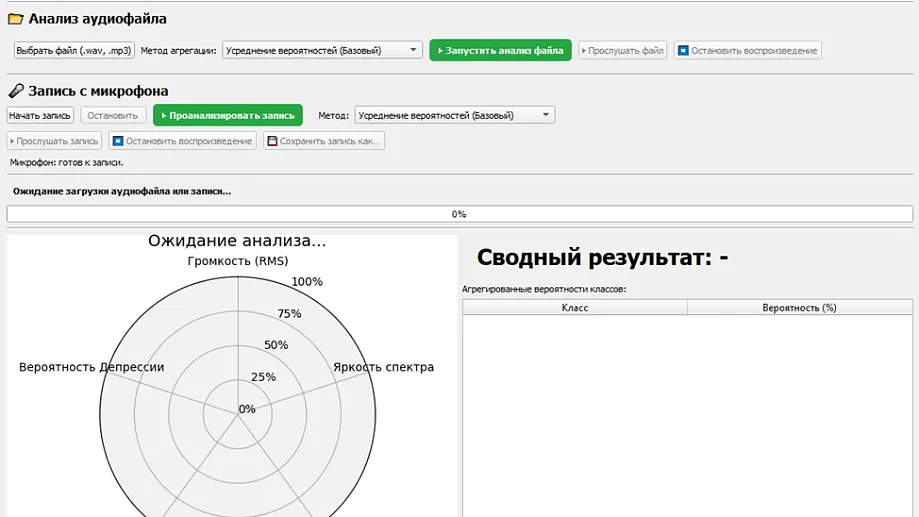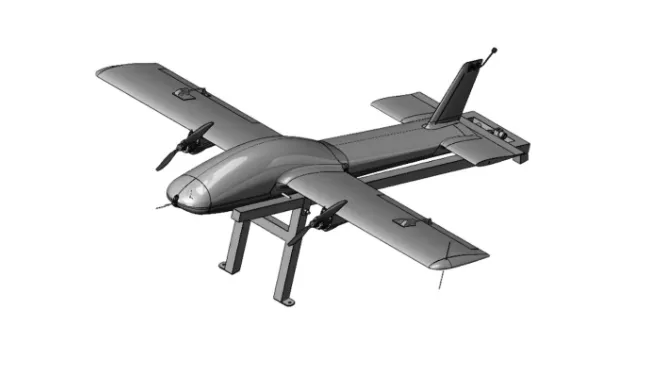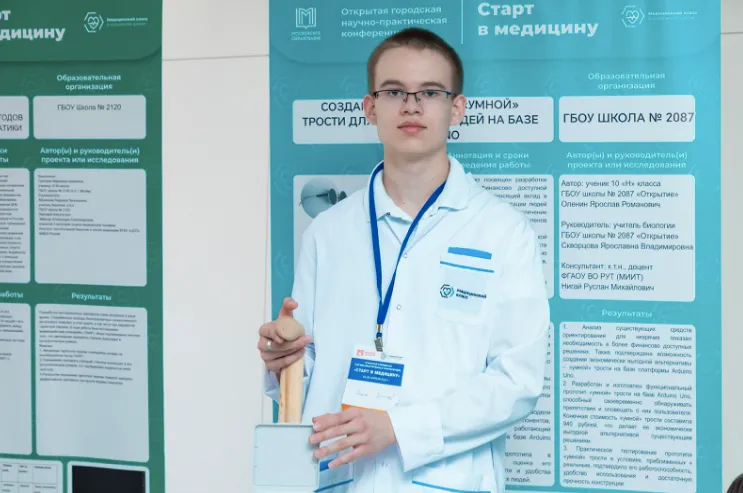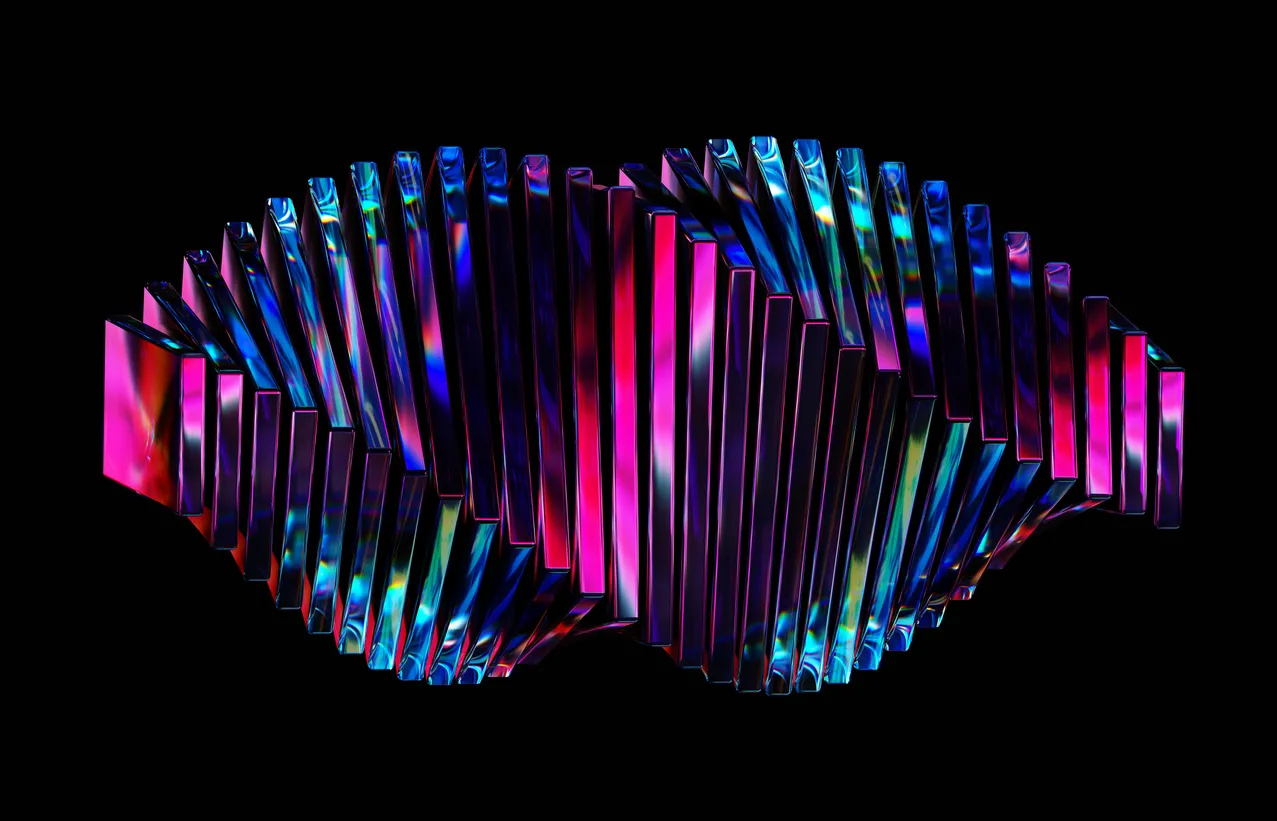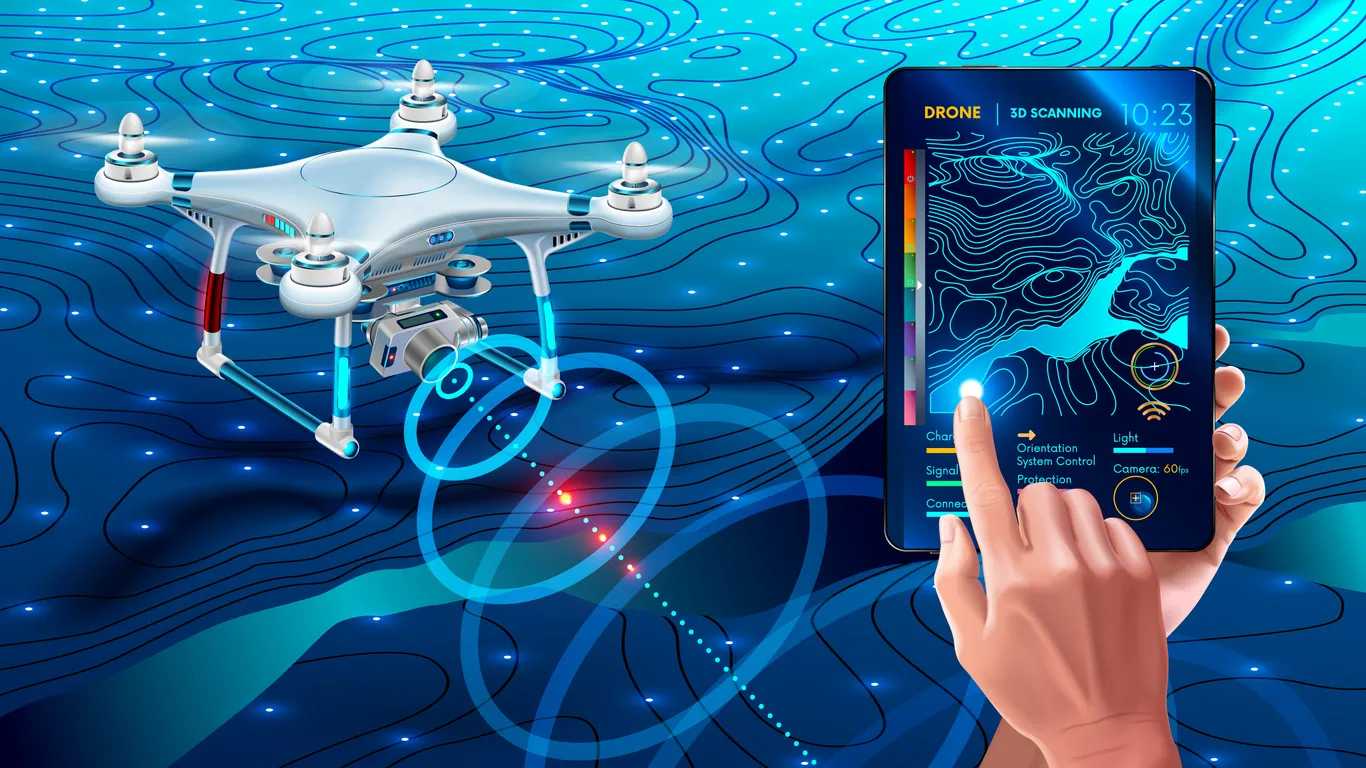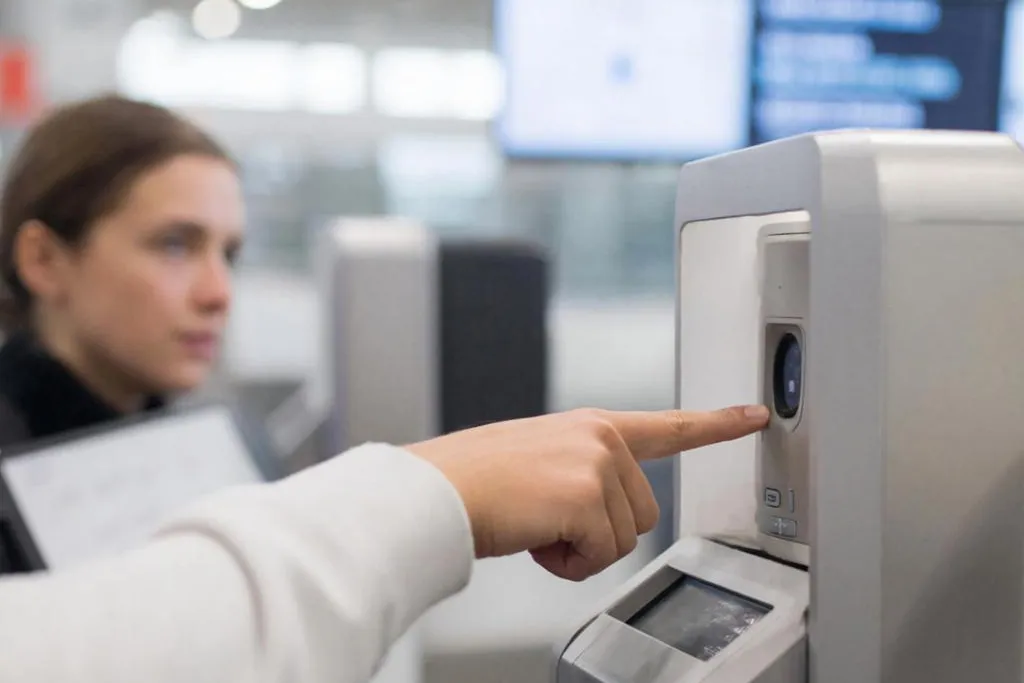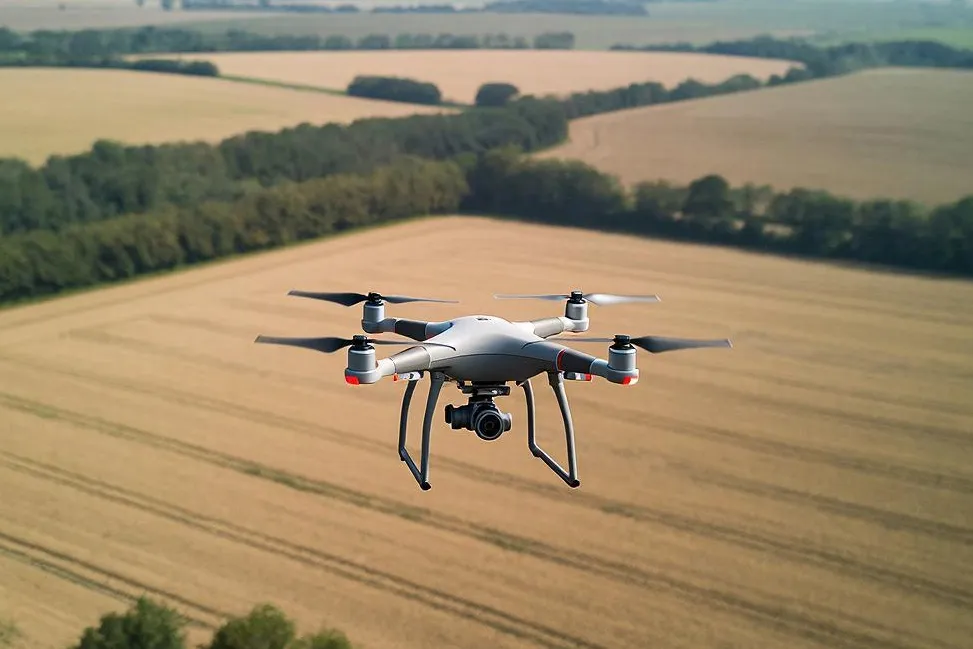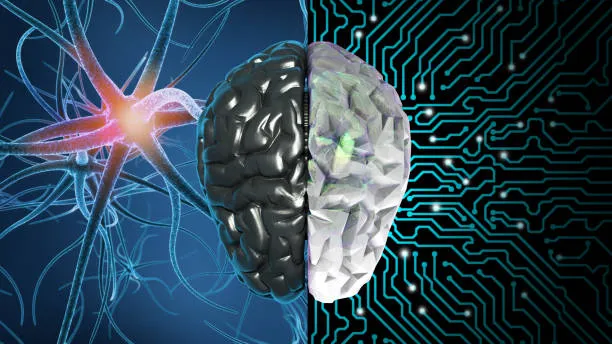Russian Scientists Are Building a DNA Chip That Diagnoses Dozens of Diseases from a Single Drop of Blood
The hybrid DNA-computer technology could merge the speed of molecular reactions with the logic of silicon circuits.

Researchers at the Moscow Institute of Physics and Technology (MIPT) are developing a hybrid DNA chip that could form the foundation for ultra-fast medical diagnostics — capable of detecting dozens of diseases from just one drop of blood. The technology is now undergoing laboratory testing.
The core problem with current bio-computers is their incompatibility with traditional digital systems. The Russian team has proposed a breakthrough architectural solution: in their design, DNA molecules are programmed to interact according to logical operations — ‘and’ or ‘or.’ The result of each biochemical reaction changes the electrical charge on a transistor, converting molecular activity into a readable digital signal.
Billions of Molecules, One Processor
The key advantage of this approach is extreme parallelism. While a conventional processor executes tasks sequentially, billions of DNA molecules in a tiny droplet of liquid can simultaneously perform their parts of a computational problem.
This molecular-level computing could enable real-time analysis of complex biomedical data — for example, instantly identifying multiple disease biomarkers. Beyond healthcare, the hybrid system could also advance breakthroughs in personalized medicine, cryptography, and big data analytics.








